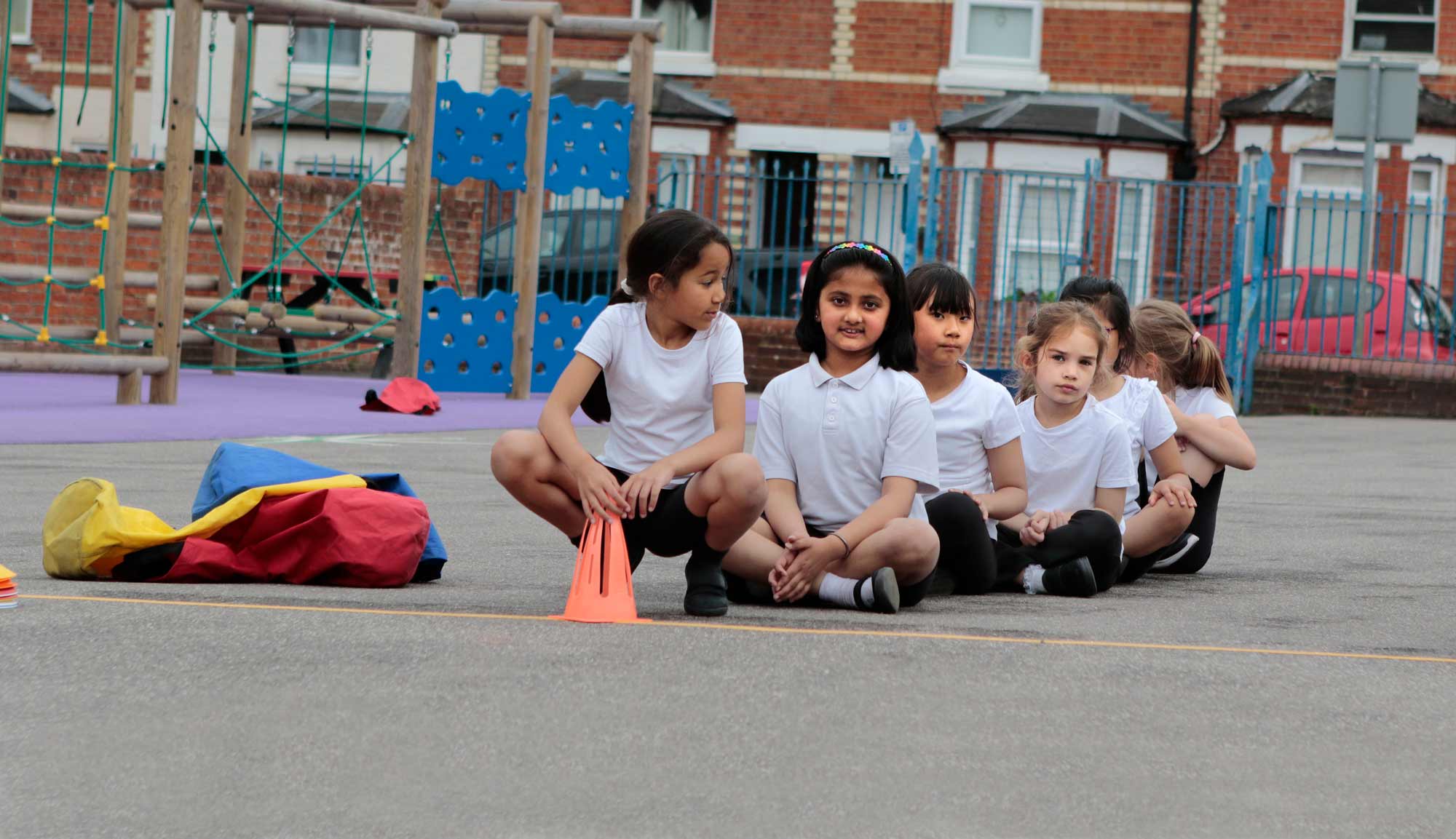Science
Science is a subject that allows children to explore and understand the world around them. It nurtures a child’s natural curiosity and helps them to find answers to the questions they have.
Within science, there are three separate disciplines; biology, chemistry and physics. Biology looks at the natural world, the living things that exist within it and their interactions. In chemistry pupils look closely at the different materials around us and what they can be used for. In physics pupils investigate forces and energy, from tiny particles to planets and stars. In addition to these, pupils will also learn how a scientist is able to safely investigate a hypothesis and analyse results.
Intent
At Battle Primary, we recognise how science impacts every aspect of daily life, and without science humankind would not have made progress throughout history. As one of the core subjects taught at primary level, we give the teaching and learning of science the prominence it deserves.
Learning science is concerned with increasing pupils’ knowledge of our world, and with developing skills associated with science as a process of enquiry. Our science curriculum develops the natural curiosity of each child no matter their demographic, encourages them to have respect for living organisms, and instils in pupils the importance of caring for the natural environment.
We endeavour to ensure that the Science curriculum we provide will give children the confidence and motivation to continue to further develop their skills into the next stage of their education and life experiences.
Implementation
Teachers create a positive attitude to science learning within their classrooms and reinforce an expectation that all children can achieve high standards in science. Children have weekly lessons in Science throughout the school. In the early years, science is taught through the children learning by play. Additional opportunities are provided in Science, such as within STEM club and as part of Science week celebrations.
Teaching is set out thus:
- Science will be taught as set out by the year group requirements of the National Curriculum. This is a strategy to enable the accumulation of knowledge and allows progress in repeated topics through the years.
- Pupils will concentrate on one science skill per term. Term 1 will be dedicated to planning investigations, Term 2 to results gathering and analysis, and Term 3 will be spent evaluating practical work. Although each skill is related and there are links between them, there is minimal crossover as they are taught, so each becomes firmly embedded.
- Through our planning, we involve problem-solving opportunities, allowing children to find out for themselves how to answer questions in a variety of practical means. Children are encouraged to ask their own questions and be given appropriate equipment to use their scientific skills to discover the answers.
- Engaging lessons are created with each lesson having both practical and knowledge elements. Teachers use precise questioning in class to test conceptual knowledge and skills and children are regularly assessed to identify those children with gaps in learning, so that all children keep up.
- We build upon the learning and skill development of previous years. As the children’s knowledge and understanding increases, and they become more proficient in selecting and using scientific equipment, collating and interpreting results, they become increasingly confident in their growing ability to come to conclusions based on real evidence.
- 'Working scientifically' skills are explicit in lessons to ensure these skills are being developed throughout the children’s school career and new vocabulary and challenging concepts are introduced through direct teaching. This is developed through the years, in keeping with the theme of the lesson.
- Teachers demonstrate how to use scientific equipment, and the various 'working scientifically' skills in order to embed scientific understanding. Teachers find opportunities to develop children’s understanding of their surroundings by accessing outdoor learning and workshops with experts.
Impact
The successful approach at Battle Primary results in a fun, engaging, high-quality science education, that provides children with the foundations for understanding the natural world. Our engagement with the local environment ensures that children learn through varied and first-hand experiences. Much learning takes place outdoors so pupils can investigate their immediate environment. Through various workshops, trips and interactions with experts and local charities, children have the understanding that science has changed our lives and that it is vital to the world’s future prosperity. Children learn the possibilities for careers in science as a result of our community links and connection with national agencies such as the STEM association. Pupil voice is used to further develop the Science curriculum, through questioning of pupil’s views and attitudes to Science to support the children’s enjoyment of science and to motivate learners.

